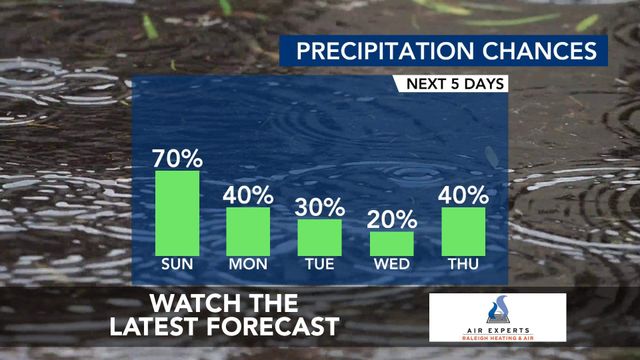HHS: Federal shutdown rough on NC

State health officials said Tuesday that the federal shutdown's impact on North Carolina was short-lived, but severe.
Assistant Health and Human Services Secretary Sherry Bradsher told the Joint HHS Oversight committee that 1,473 workers at the Department of Health and Human Services were furloughed for part or all of October's shutdown because they are paid with federal money.
Bradsher said grants frozen by the shutdown totaled $583 million, which is 75 percent of the money the agency receives from the federal government for everything from child care to food stamps and services for people with disabilities.
Adding to the severity of the effect, she said, was the timing of the shutdown. Because it happened at the very beginning of the federal fiscal year, the state wasn't able to draw down its first-quarter share of the new year's grants. That left very little carryover money to keep services going.
She said state and county staff scrambled to figure out what money was available, what it could be used for and how best to preserve critical services like child protection.
Bradsher said some programs actually owed more for services already rendered in September than they had in the bank when October began. She said that's why some services, like child care, were suspended, while others, like Women Infants and Children, would not enroll new claims till the shutdown was resolved.
According to Bradsher, services quickly resumed as soon as it was resolved, and federally funded workers who were sent home did receive back pay.
That news irritated Sen. Tommy Tucker, R-Union.
"There was no productivity for the state from those individuals," Tucker said. "So, they got vacation days. Is that what I’m hearing?"
"They were not vacation days," responded DHHS Secretary Aldona Wos. "Folks who were 100 percent federal, there was no money to pay them, and we were informed that they have to be furloughed, just like in Washington."
Wos said staff whose positions were partially federally funded worked shorter hours or shorter weeks where practicable.
If another shutdown should happen in January, Bradsher said, the state will be better able to handle it because some of this year's grant money is now in state accounts.
But both Bradsher and Wos recommended that lawmakers rethink the practice of using discretionary federal dollars to fund critically needed services and staff positions.
In offices for 100 percent federally funded programs, Wos said, "There was no one even to answer the phone."
The secretary said she's working with counties to develop a blueprint for similar situations in the future.
"The take-home message for all of us is, how do we create a situation where we don’t have all our eggs in one basket?" she said.









